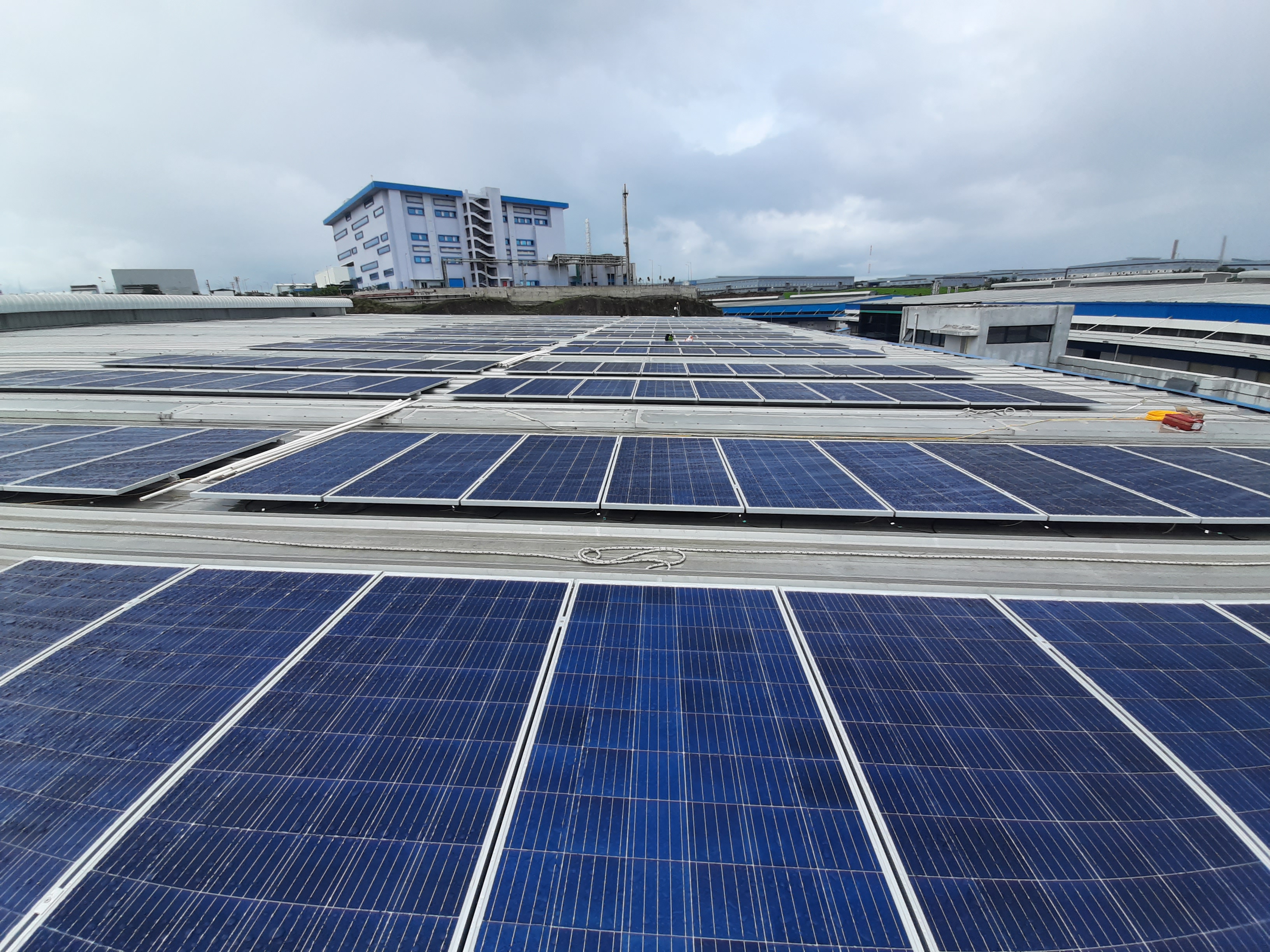


In recent years, the energy landscape has shifted towards sustainability, with solar power leading the charge. Captive solar power plants have gained traction, reflecting a broader trend of adopting renewable energy. India, aiming for 175 GW of installed renewable energy capacity by 2022, is a frontrunner in this shift.
The country's solar energy growth is buoyed by incentives and tax benefits, driving a surge in solar panel installations, especially in cities like Mumbai. This blog explores India's solar revolution, its cost implications, and the tax relief offered to promote solar energy adoption.
Government Incentives and Subsidies
Let us take a look at government incentives and subsidies when it comes to industrial solar installations-
Investment Tax Credits (ITC)
Entrepreneurs who choose to invest in renewable energy, such as captive solar power plants, often benefit from Investment Tax Credits (ITCs) provided by the government. These credits can significantly enhance the financial appeal of solar projects by offsetting a portion of their initial capital investment.
Accelerated Depreciation
Several countries allow businesses to depreciate their solar assets more quickly through tax deductions, allowing them to recover their investment more quickly.
Grant Programs
Certain regions offer grant programs that provide direct financial support to businesses for the installation and operation of solar power plants. These grants can be instrumental in reducing the overall cost of the project.
Renewable Energy Certificates (RECs)
Renewable energy certificates (RECs) can be issued by governments to solar power plant owners who produce clean energy. Traders and sellers of certificates can generate additional revenue from these certificates.
Tax Benefits
Some tax benefits for industrial solar installations are as follows-
Tax Exemptions
Certain regions offer tax exemptions for revenue generated from renewable energy sources. This initiative can result in significant long-term savings for owners of captive solar power plants.
Property Tax Incentives
Certain areas provide property tax incentives to enterprises with solar installations, which can lower the overall operational costs related to managing a solar power plant.
Federal and State Tax Credits
Federal and state governments may offer tax credits, in addition to Investment Tax Credits (ITCs), aimed at promoting solar investment. These credits are intended to help offset income tax obligations.
Other Financial Incentives
Some other financial incentives are as follows-
Net Metering
In addition to receiving credits or compensation for surplus energy generated, solar power plant owners can sell excess electricity to the grid through net metering. A financial incentive is also provided as a result, which promotes sustainability.
Feed-in Tariffs (FiTs)
It is implemented in some regions to guarantee solar power producers a fixed price for the electricity they generate. This stable income stream improves the financial feasibility of captive solar power plants.
Low-Interest Loans and Financing Programs
Low-interest loans and financing programs may be offered by governments and financial institutions to support the development of solar projects, reducing the financial burden on businesses.
Conclusion
Tax benefits and incentives play a crucial role in promoting the adoption of solar energy. The Indian government has implemented various schemes and incentives to encourage solar power producers and consumers to transition to renewable energy sources. These incentives not only make solar projects financially viable but also contribute to reducing carbon emissions and promoting sustainability.